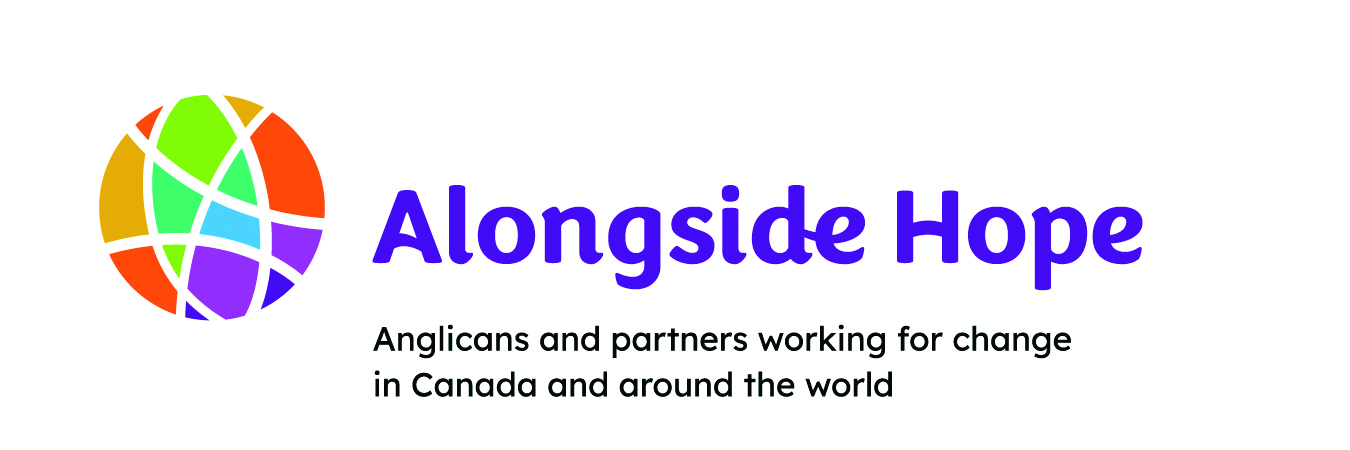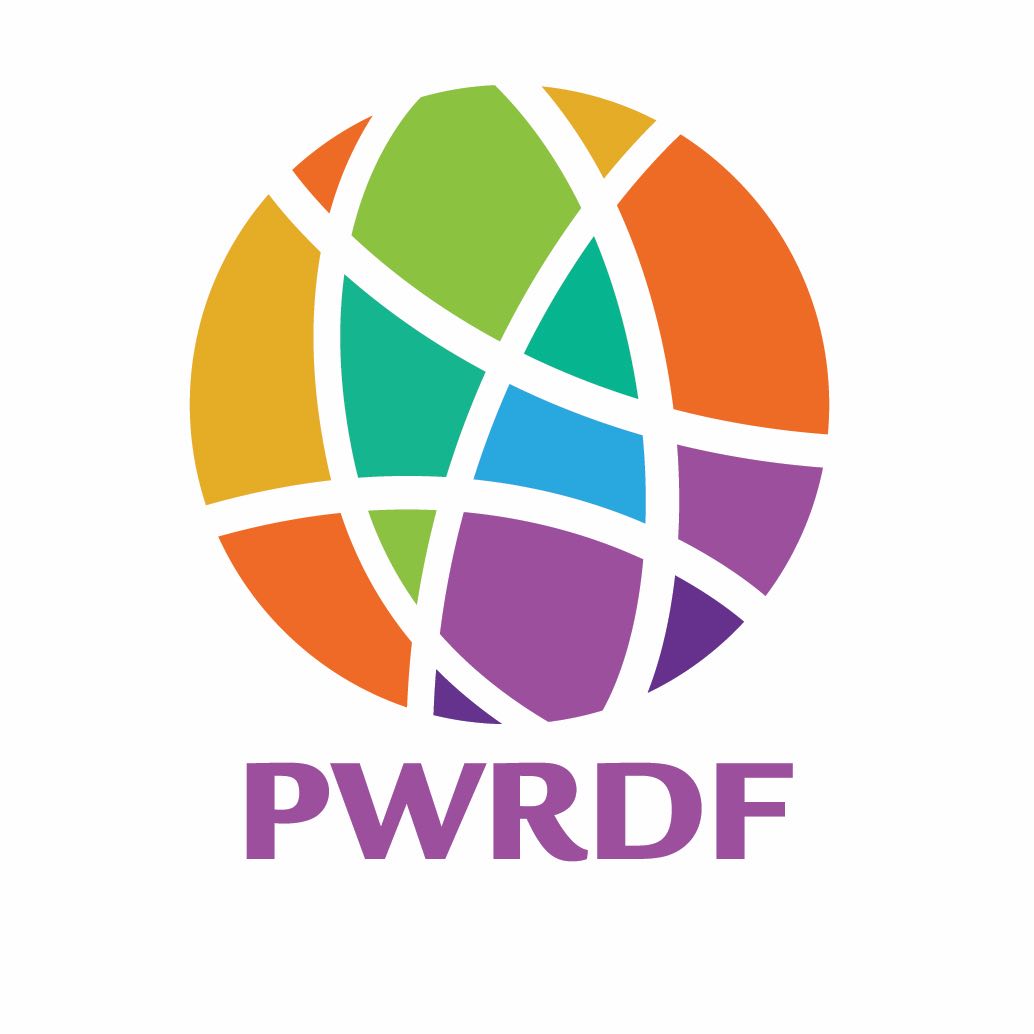Ever wonder how Alongside Hope/PWRDF got started? Here’s a little bit of history for you:
1958
A bump in a coal mine in Springhill, Nova Scotia, kills 75 men. The tragedy moves Anglicans and other Canadians to respond with assistance for the stricken families. As a result of this experience, the Church recognizes the need for an efficient process to channel assistance quickly in situations of emergency. One year later, the Primate’s World Relief Fund was established by the Anglican Church of Canada’s General Synod, named for the Primate, or Archbishop of Canada.
1969
The organization becomes the Primate’s World Relief and Development Fund, reflecting the agency’s maturing program focus and philosophy. PWRDF comes to see that deeper, long-term development needs are strongly connected to suffering caused by natural or human-provoked disasters. Even more significantly, PWRDF realizes that people who experience these problems first-hand are in the best position to develop long-term solutions.
1970s
PWRDF commits to addressing long-term development needs and to working in partnership with local communities and organizations. During this decade, PWRDF also recognizes the need to engage Canadians in the issues of tackling injustice.
1980s
PWRDF becomes very active in working with refugees, and in 1984, the Refugee Subcommittee and the Refugee Coordinators Network were both established. PWRDF builds a strong program for the support and advocacy of uprooted peoples, including refugees, internally displaced populations, and migrant workers—internationally through relief and development programs, advocacy, and monitoring of human rights, and in Canada through networking and education.
1999
PWRDF mandates a national Youth Initiative to engage young Canadians on social justice issues, leading to the formation of the PWRDF Youth Council and justgeneration. This movement is led by a group of youth and young adults representing ecclesiastical provinces of the Anglican Church of Canada, as well as ecumenical partner organizations. Their role is to connect the work of PWRDF with youth and young adults in communities across the country.
2022
A Task Team of staff, board members, and volunteers from across Canada is selected. This team is given the goal of identifying a compelling name –a name that better reflects our work and one that would sustain our work into the future. In these and other discussions with stakeholders and staff, one dominant theme emerged: partnership.
•PWRDF is all about partnerships.
We partner with local organizations who carry out the work that you support – life-giving work that improves food security, champions gender rights, provides training on conservation agriculture, and creates income opportunities.
•We partner with membership organizations that allow us to be part of a larger network. These include the Anglican Alliance, the ACT Alliance, the Canadian Foodgrains Bank, KAIROS, Cooperation Canada, among others.
•We partner with funding agencies, including Global Affairs Canada, businesses, and a growing number of private and family foundations.
•We partner with the Anglican Church of Canada, Anglican dioceses, spiritual ministries, and ecclesiastical provinces through their bishops and their PWRDF Representatives, who support our programs and invite us to spread the good news of PWRDF at synods and other meetings.
•We partner with parish representatives, clergy, and countless volunteers in the pews across the country, who share our stories and engage others in our work.
•We partner with our generous donors, without whose support none of our partners’ work would be possible.
This theme of partnership, or accompaniment, is woven throughout the Bible, but the task team was drawn to the story of the road to Emmaus. Days after Jesus died, the disciples were walking from Jerusalem to Emmaus, still grieving their loss. As Luke writes, the resurrected Jesus came alongside them, but they did not know it was him. Jesus travelled with them and then accepted their hospitality to dine with them. In the breaking of bread, their eyes were opened, and they recognized him. When we walk alongside one another, Jesus accompanies us. We are strengthened and comforted and recognize Jesus when we share in his feast.
As we walk alongside each of our partners, supporting, listening, and sharing with one another, we embrace and embody the hope of a better world.
2024
A new name was selected:
Alongside Hope: Anglicans and partners working for change in Canada and around the world
I encourage you to visit the website to learn more about the history and work of Alongside Hope: https://alongsidehope.org/


